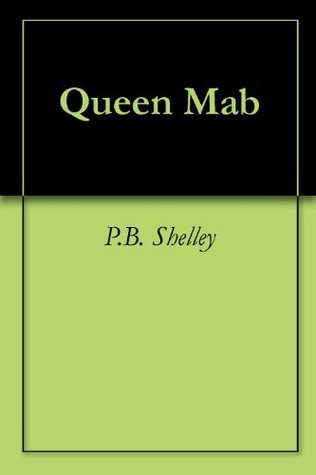What do you think?
Rate this book


71 pages, Kindle Edition
First published January 1, 1813
“And man, once fleeting o'er the transient scene
Swift as an unremembered vision, stands
Immortal upon earth; no longer now
He slays the lamb that looks him in the face,
And horribly devours his mangled flesh,
Which, still avenging Nature’s broken law,
Kindled all putrid humors in his frame,
All evil passions and all vain belief,
Hatred, despair and loathing in his mind,
The germs of misery, death, disease and crime.
No longer now the wingèd habitants,
That in the woods their sweet lives sing away,
Flee from the form of man; but gather round,
And prune their sunny feathers on the hands
Which little children stretch in friendly sport
Towards these dreadless partners of their play.
All things are void of terror; man has lost
His terrible prerogative, and stands
An equal amidst equals; happiness
And science dawn, though late, upon the earth;
Peace cheers the mind, health renovates the frame;
Disease and pleasure cease to mingle here,
Reason and passion cease to combat there;
Whilst each unfettered o'er the earth extend
Their all-subduing energies, and wield
The sceptre of a vast dominion there;
Whilst every shape and mode of matter lends
Its force to the omnipotence of mind,
Which from its dark mine drags the gem of truth
To decorate its paradise of peace." (Canto VIII, Lines 219-238).


Death:??Is there a god?
Earth:??Days go far.
?????:??There is no god.